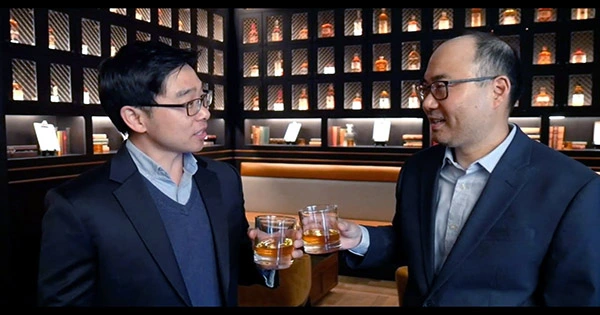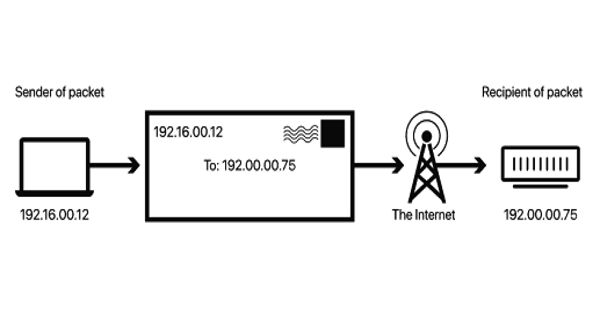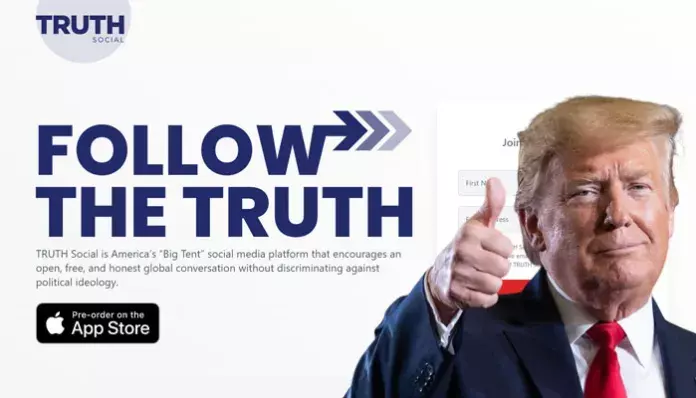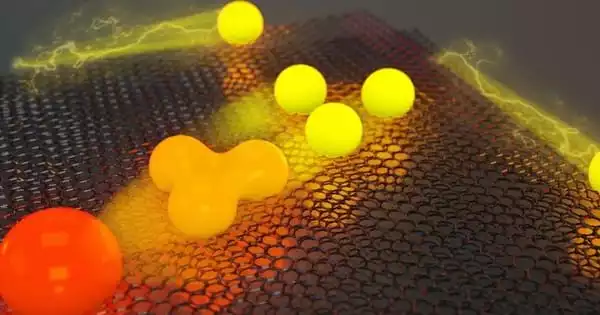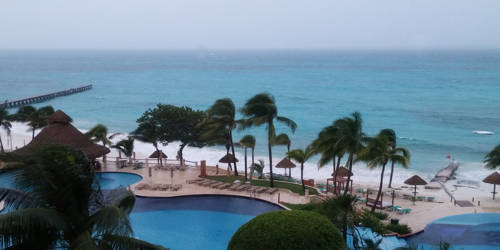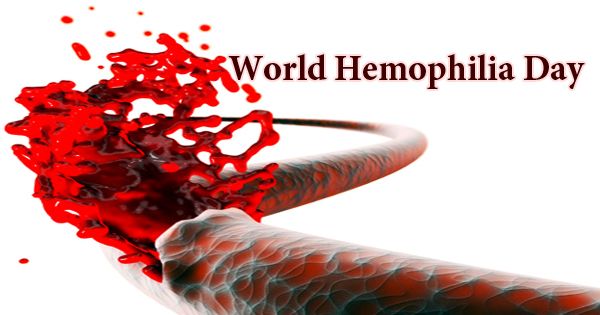Food, beverages, and medicine, in addition to handbags and shoes, can be replicated and sold online, with potentially deadly effects. Researchers have discovered a means to ensure the validity of items before we eat them. They produced an edible matrix code that operates similarly to a QR code using silk proteins. These might be used on pharmaceuticals and other items. Then, using a smartphone, anybody may verify that they are going to consume the genuine article and not a subpar (or even deadly) knockoff. The breakthrough was published in the journal ACS Central Science.
“Counterfeit goods, such as pharmaceuticals and alcohol, are a major problem all over the world. In a statement, principal author Professor Young Kim of Purdue University said, “There are several examples of massive volumes of fraudulent pharmaceuticals marketed across the world, which, in some cases, kill individuals.” On a luminous silk tag, the code is embossed. The code is invisible to the human eye, but electrical gadgets that shine a light on the tag can see it. This worked in a number of situations and under various lighting conditions.
“Controlled drugs are sold to teenagers through online pharmacies. Counterfeit opioids are widely available. This effort is critical in resolving this issue for patients and consumers,” Kim stated. “You can use your smartphone to authenticate if you have this technology on or in your drugs.” We aim to educate patients so that they are aware of the problem. To solve this issue, we wish to engage with pharmaceutical businesses and alcohol manufacturers.” The silk protein tag was tried in whiskey since some liquid medications can include alcohol and the counterfeit market is a challenge for liquor manufacturers.
The tag was kept in a 40% whiskey for ten months and kept its form without changing the flavor of the drink. “Alcohol spirits are susceptible to forgery. “A lot of bogus whiskeys are on the market,” remarked first author Jung Woo Leem – According to recent research, 18% of individuals in the United Kingdom have purchased counterfeit spirits.
